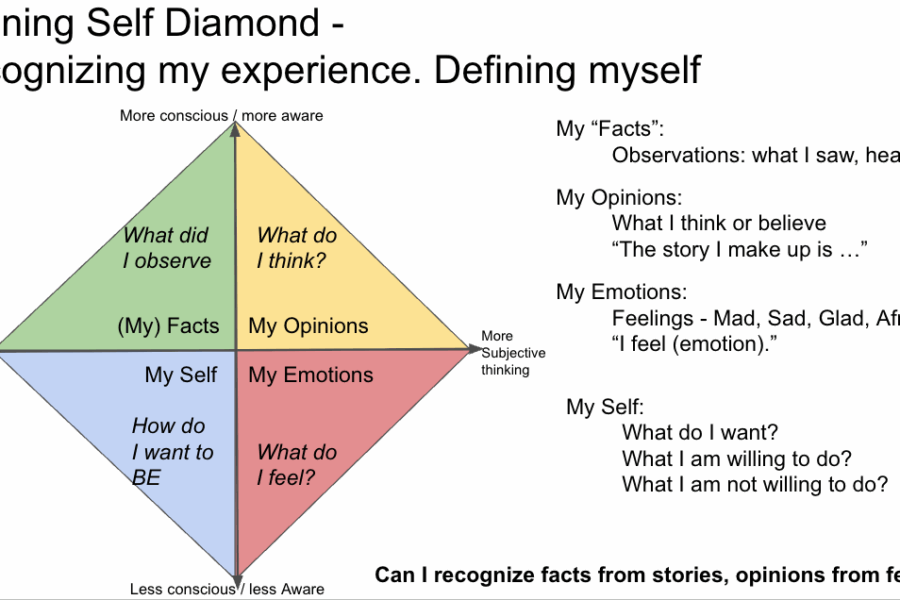
The Power of Emotional Connection
(Please note: This post could create powerful feelings in some individuals. The research references are listed below and will provide a more complete description of the material. They are quite easy to read and understand.)
Changing a preterm brain is possible. The Family Nurture Intervention had a positive impact on the development of infants in a control group study. The FNI process, which lasted for six weeks with 36 hours of treatment, resulted in improved brain function, overall health, and development. These improvements persisted through the five years of the research.
The researches report findings in 18 papers but reported that the brain changes were the most significant. Notably, prefrontal brain functioning improves over the six weeks to be comparable to that of a full-term infant. These changes persist and predict function at 18 months. But what is it that facilitates the changes?
Family Nurture Intervention
The intervention includes one-hour sessions where the mother holds and talks to the preterm infant. Skin contact, smells, and tone of voice are an important part of these sessions. This leads to co-regulating each other’s autonomic nervous system. The researchers propose a concept called Calming Cycle Theory to explain this. I’ll review this in the next blog post.
Emotional connection is key to changing the preterm brain
An important aspect of the FNI is the mother fully expressing her emotions to the child. Even those thought to be negative, such as her worries and fears about the premature birth process. This facilitates a cycle of calming that literally programs the nervous systems of both the mother and infant. The researchers reported that the “Crying is one of the deepest, most powerful, and most therapeutic emotions a mother can express to her baby in the NICU. It is common for the mother to hold back crying.” This openness allows the mother to feel more connected to her infant.
In order to measure the quality of the emotional connection, Dr. Welch developed the Welch Emotional Connection Scale (WECS). This instrument measures behaviour (e.g., approach orientation) and physiology (e.g. vagal tone). This allows the tracking of changes over the period of the intervention.
It is the author’s belief, supported by studies, that our biology is designed to have the infant learn the foundation of socio-emotional interactions, such as orienting and co regulation, in the womb. Because the brain is plastic enough, programming the brain of a preterm infant and mother is possible with the right intervention.
What about Bowen theory?
There are several aspects that make this body of work relevant to Bowen Family Systems Theory. First, this is a relationship process. The researchers stress the relationship aspects of the intervention. Second, it shows how sensitive human nervous systems, especially developing ones, are to each other. The sensitive starts in the womb. Third is how repeated interactions with an individual can program automatic responses. Finally, the work shows the importance of openly expressing feelings to another individual.
When do you feel the most connected?
I would propose that one feels the most connected to another person when they are sharing important and meaning experiences. Hopes, dreams, fears, worries. Being about to share them with someone that doesn’t judge or react in a way that impedes the sharing. I think this would be calming. This is what Dr. Bowen described as good emotional contact. The researchers not only found it was calming, but it literally rewired the infant brain.
Dr. Bowen proposed that a measure of being more differentiated is the ability to have good emotional contact with family members. It appears that this process actually starts in the womb, but is something that we need to keep working on to fully mature as individuals.
Regular emotion contact appears to be what the doctor ordered.
Thank you for your interest in family systems.
Comments are welcome: dave.galloway@livingsystems.ca
This post was inspired by this article: 6 week intervention.
Read more about Bowen Theory here
This is a brief overview of Bowen Theory in Psychology Today: Bowen Theory.

